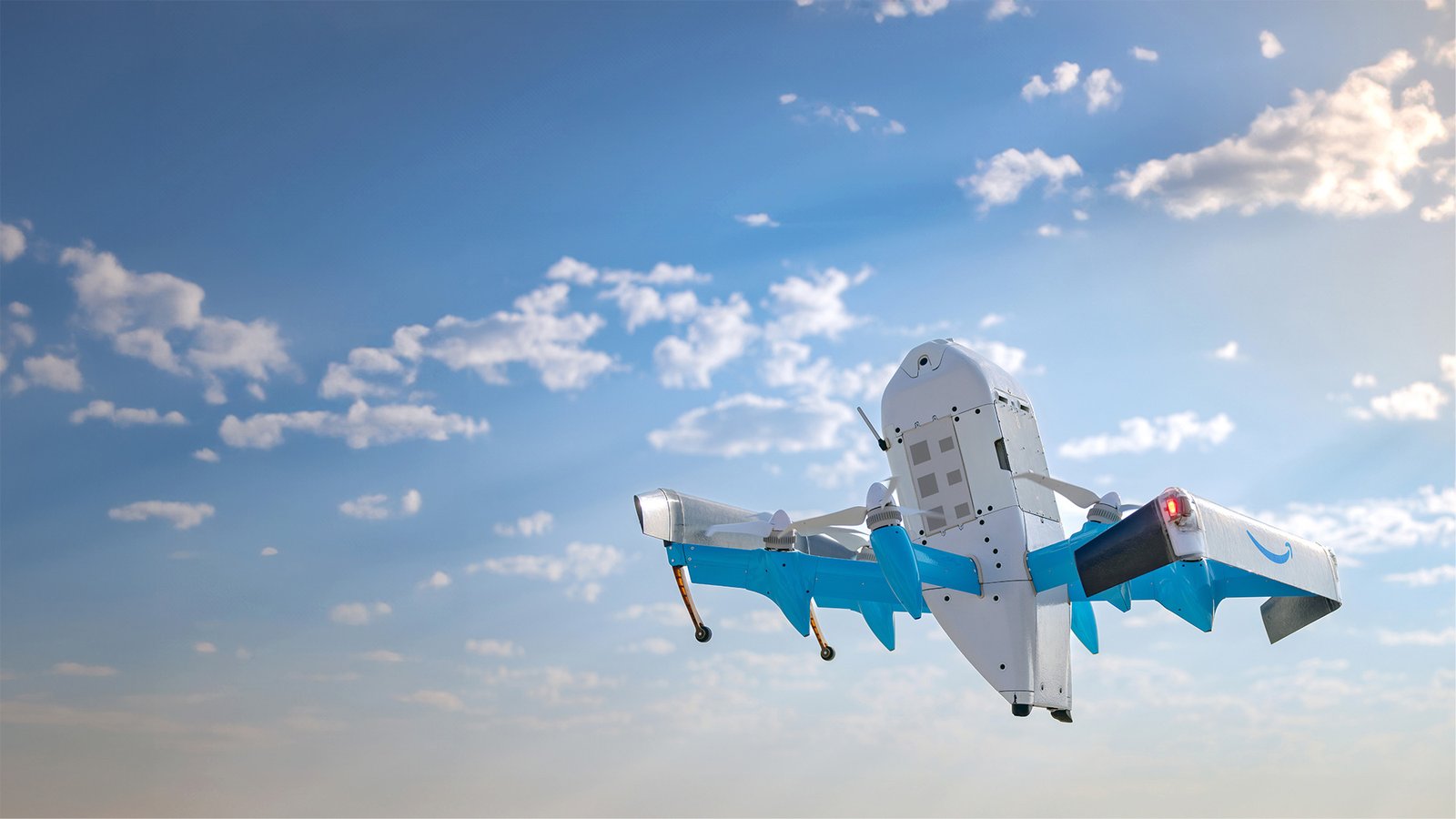Amazon has announced an ambitious expansion of its Prime Air drone delivery program, signaling a significant step forward in the company\'s vision for ultra-fast, autonomous package delivery. By the end of 2024, the service will launch in five additional U.S. metropolitan areas, including Phoenix, Arizona; Nashville, Tennessee; and three other cities that have yet to be officially named. This move marks a major milestone in Amazon’s efforts to develop a scalable and efficient drone-based delivery network capable of transporting small packages to customers in under 30 minutes.
Prime Air drones are designed to handle packages weighing up to five pounds, which covers a substantial portion of Amazon’s most frequently ordered items. The centerpiece of the system is the MK27-2 drone—an advanced electric aircraft capable of flying at speeds of up to 50 miles per hour and operating within a 7.5-mile radius from designated fulfillment centers. The drones are equipped with state-of-the-art sense-and-avoid technology that enables them to detect and navigate around obstacles such as buildings, trees, and other aircraft, all while complying with Federal Aviation Administration (FAA) regulations.
Amazon has invested years of research and development into overcoming the technical and logistical hurdles associated with drone delivery. Early iterations of the system faced issues related to safety, flight stability, and performance in adverse weather conditions. However, continued testing and refinements have resulted in a more robust and reliable system that is now ready for broader deployment. The company has also been working closely with federal regulators to ensure compliance and gain the necessary approvals to expand operations.
This expansion reflects Amazon’s broader strategy to revolutionize last-mile delivery and reduce its dependence on traditional logistics networks. By using drones, Amazon aims to not only speed up delivery times but also reduce carbon emissions, as the aircraft are fully electric and capable of making short-range deliveries far more efficiently than trucks or vans.
Industry analysts view the expansion as a signal that drone delivery is moving from experimental pilot programs into more mainstream adoption. If successful, Amazon’s Prime Air could pave the way for similar services across the industry and fundamentally reshape consumer expectations for speed and convenience in e-commerce logistics.


















Successventuresgh
Great way
hossman
good
Caramel
Awesome
Walker
Okay
Happy
?
Suhuyini
Cool
Polina
Okay
Elizabeth
Good
Marena25
Good